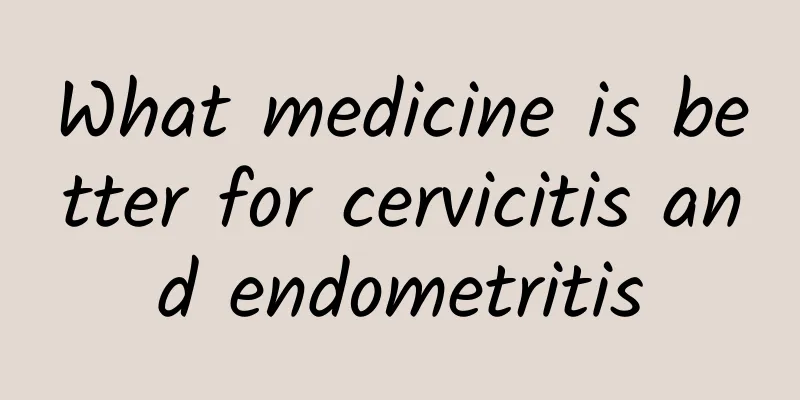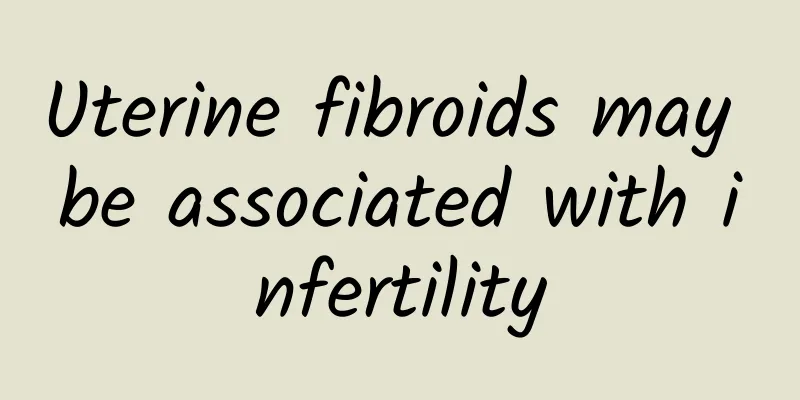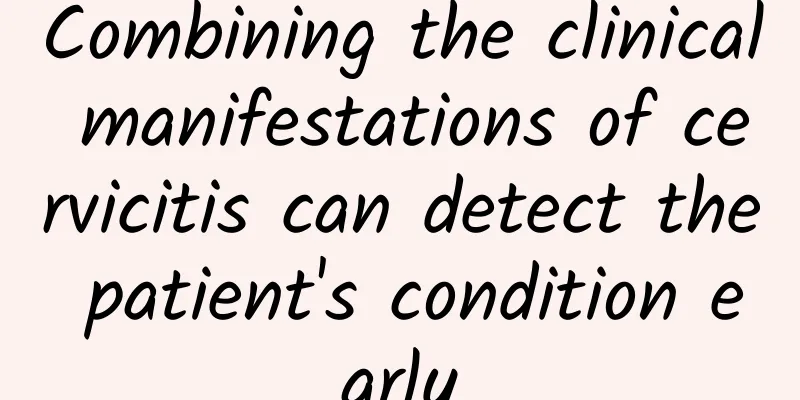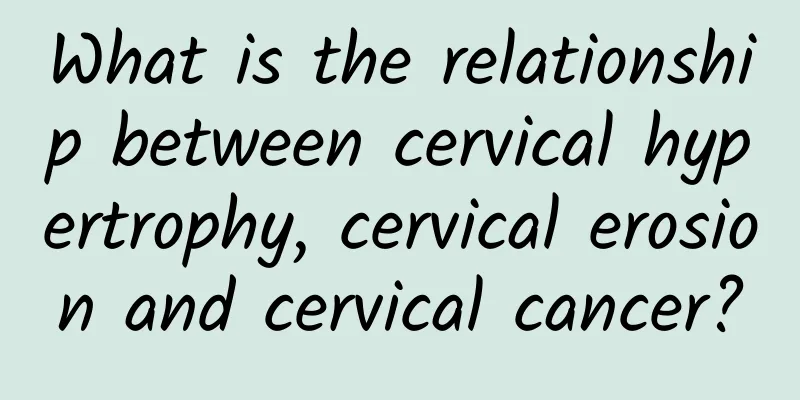What medicine is better for cervicitis and endometritis

|
The treatment of cervicitis and endometritis requires the selection of drugs according to the cause. Common treatment methods include antibiotics, anti-inflammatory drugs and Chinese patent medicines. Specific drugs should be used under the guidance of a doctor to avoid self-medication. 1. Antibiotic treatment Cervicitis and endometritis are mostly caused by bacterial infection, and antibiotics are the main treatment. Commonly used antibiotics include: Cephalosporins: such as cefixime and ceftriaxone, are suitable for infections caused by Gram-positive and Gram-negative bacteria. Quinolones: such as levofloxacin and moxifloxacin, have strong bactericidal effects against a variety of pathogens. Metronidazole: It is often used in combination with other antibiotics for anaerobic infections. 2. Anti-inflammatory drug treatment Inflammatory response is the main manifestation of cervicitis and endometritis, and anti-inflammatory drugs can relieve symptoms. Commonly used drugs include: Nonsteroidal anti-inflammatory drugs: such as ibuprofen and diclofenac, can reduce pain and inflammation. Glucocorticoids: Such as prednisone, are suitable for severe inflammation but should be used with caution. 3. Treatment with Chinese patent medicine Chinese patent medicine has a conditioning effect and can assist in the treatment of chronic cervicitis and endometritis. Commonly used medicines include: Gynecological Qianjin Tablets: have the effects of clearing away heat, detoxifying, promoting blood circulation and removing blood stasis. Golden Rooster Capsule: Suitable for gynecological inflammation caused by damp heat. Guizhi Fuling Pills: can improve blood circulation and relieve inflammation. 4. Diet adjustment Diet can help to relieve inflammation. It is recommended to: Eat more foods rich in vitamin C, such as oranges and kiwis, to enhance immunity. Supplement foods rich in Omega-3 fatty acids, such as deep-sea fish and flax seeds, to reduce inflammatory responses. Avoid spicy foods, such as chili peppers and alcohol, to avoid aggravating symptoms. 5. Adjust your lifestyle Good living habits can help you recover from illness: Maintain personal hygiene, change underwear frequently, and avoid using irritating detergents. Avoid sitting for long periods of time and do appropriate exercise to promote pelvic blood circulation. Check regularly, monitor changes in the condition, and adjust the treatment plan in a timely manner. The treatment of cervicitis and endometritis requires a combination of medication, diet, and lifestyle adjustments. Antibiotics, anti-inflammatory drugs, and Chinese patent medicines are commonly used, but they must be used under the guidance of a doctor. Eat more foods rich in vitamin C and omega-3 fatty acids, and avoid spicy foods. Maintaining good living habits and regular checkups will help with disease recovery and prevent recurrence. |
<<: How to treat mild cervical erosion and cervical hypertrophy
>>: Does cervical erosion and hypertrophy affect pregnancy?
Recommend
What is adnexitis?
Adnexitis is a common gynecological disease that ...
What are the prevention methods of uterine fibroids?
Uterine fibroids are the most common gynecologica...
envious! The reason why you can’t gain weight even if you eat a lot is because you have “slim genes”! TABATA campaign to fight obesity
If you eat the wrong tonic food in winter, be car...
What kind of exercise can help you recover after abortion?
What kind of exercise can help with recovery afte...
Can patients with adenomyosis eat grass carp?
Some scholars believe that adenomyosis may be rel...
What is laparoscopic myomectomy? What are the advantages of laparoscopic myomectomy?
There are many advantages of laparoscopic myomect...
How to correctly diagnose vaginitis
Many women actually suffer from vaginitis to vary...
How much does it cost to cure pelvic peritonitis?
Pelvic peritonitis is a common disease in women. ...
Will eating after exercise make you lose weight faster? Eating the right things and the right amounts is the key!
What the Cofit Nutrition Team wants to tell you i...
Is it normal to have less menstrual flow after an abortion? See what the doctor says
Some women have problems with artificial abortion...
What causes threatened miscarriage?
Threatened abortion is a condition that pregnant ...
Western medicine treatment of premature ovarian failure
Western medicine treatment of premature ovarian f...
Why are elderly people more prone to vaginitis?
Vaginitis is a common disease among women and can...
Debunking exercise myths: Exercise doesn’t necessarily make you thin!
Q: In order to lose weight, I joined a fitness cl...
Don’t let cancer prevention take a break while preventing the epidemic! Colorectal cancer screening drops sharply; delayed diagnosis may increase risk of death
During the epidemic, many patients choose not to ...









